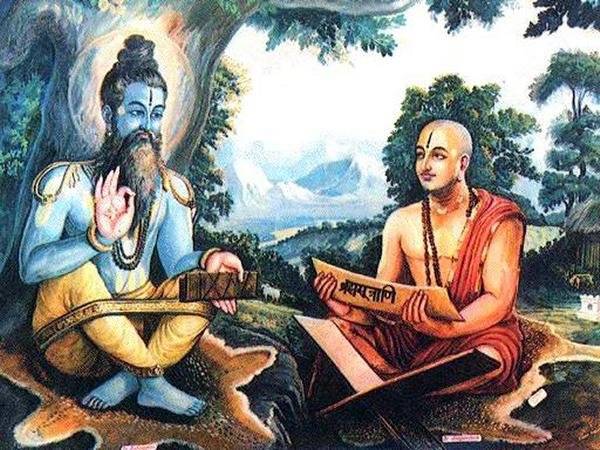
Astika, in Hindu mythology, is known for his role in the story of the churning of the ocean (Samudra Manthan), a significant episode in Hindu cosmology. Here are key aspects related to Astika:
- Background in Mahabharata: Astika is prominently featured in the Indian epic Mahabharata. He was the son of Jaratkaru, a sage who chose to remain celibate but agreed to marry upon the request of his ancestors. Astika was born to Jaratkaru and his wife, who was a serpent princess.
- Churning of the Ocean (Samudra Manthan): The story of Astika is closely linked to the churning of the ocean by the Devas (celestial beings) and Asuras (demons) to obtain the nectar of immortality (amrita). The churning caused the emergence of various divine and mythical objects, including the poison Halahala. Lord Shiva consumed the poison to save the world, and Astika played a crucial role in ensuring Shiva’s actions did not lead to widespread destruction.
- Sacrifice of Janamejaya: Astika’s role is significant in the context of a snake sacrifice (Sarpa Yajna) performed by King Janamejaya, the son of Maharaja Parikshit. The purpose of the sacrifice was to exterminate all snakes, and it posed a threat to the serpent race. Astika intervened and used his knowledge and persuasion to prevent the complete destruction of the snakes.
- Vaisakhi Festival: In some regions of India, the festival of Vaisakhi is celebrated as a remembrance of Astika stopping the snake sacrifice. This festival is associated with the worship of snakes and is considered auspicious for the prevention of snake bites.
Astika’s character is often praised for his wisdom, virtue, and his role in preventing harm to the serpent race during the sacrificial ritual. His story is an integral part of Hindu mythology, emphasizing the importance of balance and dharma (righteousness) in the cosmic order.
Astika was an ancient Hindu rishi (sage), and he was a son of Jaratkaru by the serpent goddess Manasa – a sister of the great serpent king Vasuki. According to the Mahabharata, he saved the life of a serpent named Takshaka when king Janamejaya made his great sacrifices of serpents. Ultimately, he induced and prevailed upon the king to end his persecution of the serpent race.
